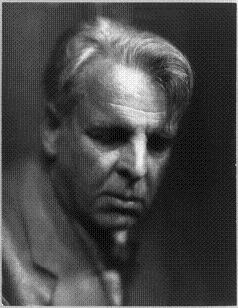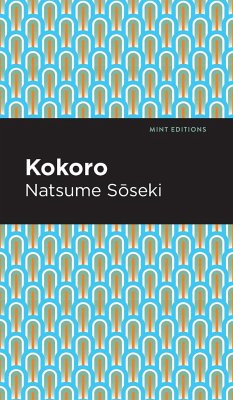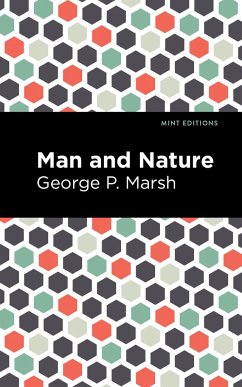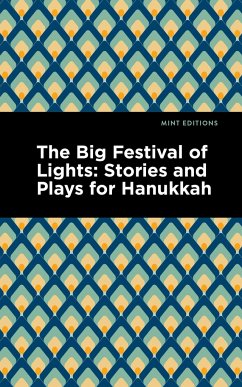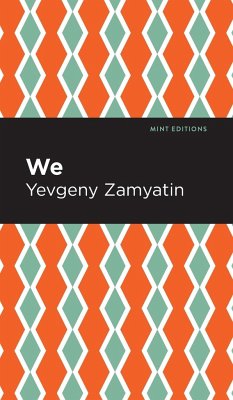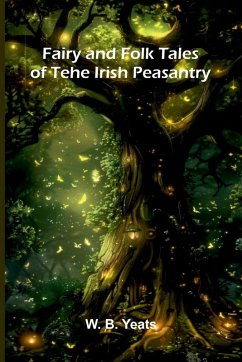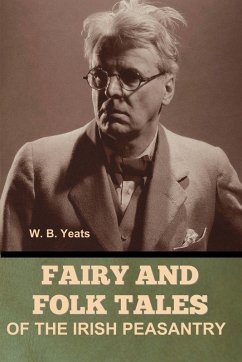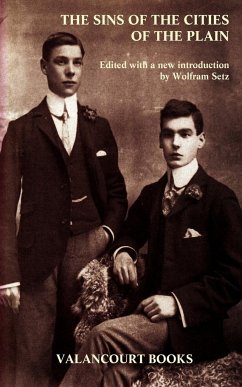
Fairy and Folk Tales of the Irish Peasantry
Versandkostenfrei!
Versandfertig in 1-2 Wochen
20,99 €
inkl. MwSt.
Weitere Ausgaben:

PAYBACK Punkte
10 °P sammeln!
Fairy and Folk Tales of the Irish Peasantry (1888) is a collection of stories edited by W.B. Yeats. Compiled at the height of the Celtic Twilight, a movement to revive the myths and traditions of Ancient Ireland, Fairy and Folk Tales of the Irish Peasantry captures a wide range of stories, songs, poems, and firsthand accounts from artists and storytellers dedicated to the preservation of Irish culture. In "Frank Martin and the Fairies," a sickly man discusses the presence of dozens of fairies inside his weaving shop. When a child in his village falls ill, he claims to have seen the fairies bui...
Fairy and Folk Tales of the Irish Peasantry (1888) is a collection of stories edited by W.B. Yeats. Compiled at the height of the Celtic Twilight, a movement to revive the myths and traditions of Ancient Ireland, Fairy and Folk Tales of the Irish Peasantry captures a wide range of stories, songs, poems, and firsthand accounts from artists and storytellers dedicated to the preservation of Irish culture. In "Frank Martin and the Fairies," a sickly man discusses the presence of dozens of fairies inside his weaving shop. When a child in his village falls ill, he claims to have seen the fairies building a small, simple coffin, preparing to convey the poor youth from the world of men to their own, shadowy realm. "Bewitched Butter," a tale from Donegal, recounts a strange event involving two farming families and a prized Kerry cow. When the young Grace Dogherty arrives on the Hanlon's doorstep asking to milk their cow, Mrs. Hanlon initially refuses her. But after several entreaties, the matriarch relents, allowing the girl to take some of the Kerry cow's milk. When Moiley stops producing milk, the Hanlon's fear that Grace has cast an evil eye on the cow, thereby threatening their livelihood. Fairy and Folk Tales of the Irish Peasantry compiles numerous tales of giants, gods, devils, kings and heroes, preserving the legends of Ireland's past, an age threatened with erasure by science, reason, and modern industrialization. This edition of W.B. Yeats's Fairy and Folk Tales of the Irish Peasantry is a classic of Irish literature reimagined for modern readers. Since our inception in 2020, Mint Editions has kept sustainability and innovation at the forefront of our mission. Each and every Mint Edition title gets a fresh, professionally typeset manuscript and a dazzling new cover, all while maintaining the integrity of the original book. With thousands of titles in our collection, we aim to spotlight diverse public domain works to help them find modern audiences. Mint Editions celebrates a breadth of literary works, curated from both canonical and overlooked classics from writers around the globe.




